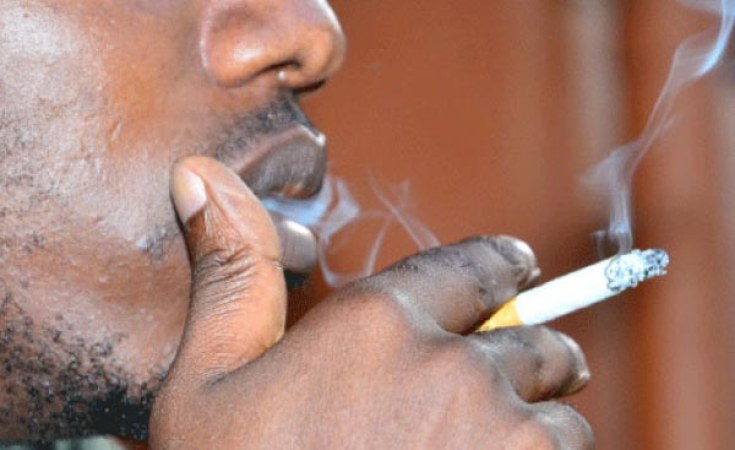Health: Regulate, raise tax on tobacco- CISLAC urges Tinubu
By Muhammad Saleem
The Civil Society Legislative Advocacy Centre (CISLAC) has urged President Bola Ahmed Tinubu to as a matter of urgency regulate and ensure effective tax administration on tobacco and other health related harmful products so as to achieve a double-edged advantage to the health and economy in Nigeria.
SOLACEBASE reports that CISLAC Executive Director, Auwal Ibrahim Musa popularly known as Rafsanjani made the call at a media interactive session in Kano, on Tuesday.
Rafsanjani pointed out that according to the World Health Organisation (WHO), tobacco use kills 6 million people each year, and this could rise to 8 million by 2030 if the global epidemic is left unchecked while it’s use has also been identified as the major risk factor for over 80 percent of premature deaths from non-communicable diseases.
“WHO estimated that 30,000 Nigerians lose their lives yearly due to illnesses caused by tobacco. This is much more than the 3,000 lives claimed by COVID-19 during the three years of the pandemic.”

“Studies have shown that the poorest households, especially in low-income countries spend as much as 10% of total household income on tobacco alone, therefore significantly reducing the amount of money available for other basic items such as food, education and healthcare. Again, the WHO has directly pointed to this as a contributor to malnutrition, increased healthcare costs and lower standards of living.”
Read Also: Over 28,800 deaths in Nigeria linked to tobacco smoking- Research
Rafsanjani further expressed concern over how the burden of tobacco use in Nigeria is even more aggravated by the limited access to health care as the country continues to lag in implementation of its commitments under the global Universal Health Coverage (UHC) with less than 5% of the population having any form of health insurance coverage adding that most Nigerians bear the full financial cost of health care as data shows that out-of-pocket expenditure represents about 75% of total health spending in the country.
“The budgetary allocation to health has continued to fall short of the African Union Abuja Declaration to pledge 15% of total annual budget to health as a requisite for improving health care services and delivery in the continent. Since adoption of the declaration, Nigeria is yet to achieve 6% of total allocation to health and thereby contribute little to improve the state of health care in the country.
Read Also: SERAP drags CBN to court over ‘unlawful regulations on customers’ social media handles
He added that, “CISLAC hopes to remind the President of his very important campaign promise and urges the president to as a matter of urgency put the machinery running to implement effective tobacco tax regimes in Nigeria. It must be noted that, Nigeria remains one of the leading tobacco markets in Africa, with its young and growing population a constant attraction to the tobacco industry. Government must move to protect its young people and children by ensuring it does not succumb to the interference tactics of the tobacco industry that only aims to undermine effective tobacco control in the country.”
The Executive Director reminded that CISLAC is aware and impressed that President Bola Tinubu specifically mentioned in his manifesto where he promised to increase health care funding in the country through improved budgetary allocation and categorically identifying consumption tax on harmful products such as tobacco and alcohol as viable tool to mobilize resources for health financing.
Read Also: Galaxy Backbone engages with Kano business community, to boost economy with ICT
“In its Nigerian Development Update report, the World Bank noted that Nigeria could generate more than N600 billion annually by increasing excise duties on tobacco and alcohol. According to the Bank, excises on tobacco and alcohol do not impact the vast majority of people and compliance can be monitored much more easily by the compliance agencies, making it a cost-effective strategy for promoting health and generating sufficient revenue to fund health care and other areas of development.”



Comments are closed.